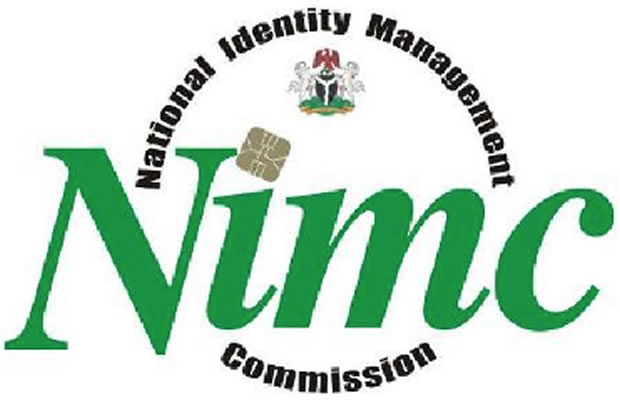FG to move NIMC to Ministry of Interior
The National Identity Management Commission may be moved to the Ministry of Interior.
The move is part of efforts to resolve issues around passport processing in the country.
The NIMC is supervised by the Ministry of Communications, Innovation and Digital Economy.
On assumption of office, the Minister of Interior, Olubunmi Tunji-Ojo, promised to work towards having the NIMC in the ministry for proper coordination of identity data of Nigerians.
It was gathered on Wednesday that a meeting was held on that day at the ministry with staff of the Office of the Secretary to the Government of the Federation.
A source said that the meeting was to harmonise the activities of the two government organisations.
“The process is ongoing and should be finalised by Friday because there is another meeting scheduled for Friday,” the source at the ministry said.
Sources explained that the decision to move the Commission to the Ministry of Interior was to address intractable problems associated with the National Identification Numbers NIN issuance, which is a major requirement for applying and obtaining Nigeria’s passport.
Recall that in August 2020, former President Muhammadu Buhari, approved the transfer of the NIMC to the Federal Ministry of Communications and Digital Economy.
Then Minister of Communication and Digital Economy, Isa Pantami, in a statement, said the approval for the transfer was based on the President’s consideration for the critical role of NIMC towards the realisation of the objectives of the National Digital Economy Policy and Strategy for a Digital Nigeria.
Meanwhile, the NIMC has issued 102.4 million NINs to Nigerians as at August.
Contained in the latest data, the August edition, the statistics showed that Lagos maintained the lead with 11.17 million residents allocated NINs.
Of the 102.4 million issued NINs, men have 58.2 million (56.8 per cent), while women have been issued 44.2 million (43. 2 per cent).
While Lagos leads as the state with the highest issued NIN, Kano is second with 9.1 million; Kaduna is third with 6.3 million; Ogun has 4.3 million; Oyo, 3.9 million; Kastina, 3.5 million; Abuja, 3.4 million; Rivers, three million; Bauchi, 2.7 million and Delta, 2.7 million.
The bottom 10 states according to NIMC are Imo with 1.738 million; Akwa Ibom, 1.736 million; Kogi, 1.7 million; Enugu, 1.64 million; Yobe, 1.62 million.
Others are Taraba, 1.4 million; Cross River, 1.1 million; Ekiti, one million; Ebonyi, 818,173 and Bayelsa 642,233.
In terms of diaspora issuance, the identity body said, it has issued 482,670, where 200,659 were handed to men and 282, 011 to women.
The new Director-General of NIMC, Abisoye Coker-Odusote, has assured Nigerians of a seamless registration process for NIN across the nation and also in the diaspora.
She said NIN registration remains free for all eligible citizens while reaffirming the commission’s commitment to ensuring accessibility for all Nigerians in line with global best standards.
“A unified identity system ensures that citizens receive the services they are entitled to more efficiently.
“Under my watch, NIMC will strengthen the operation and regulation of all matters related to national identity, which encompasses services such as NIN enrolment and issuance, national e-ID card issuance, identity verification as well as data harmonisation and authentication.
“It should be noted that in the digital age, integrated identity is the backbone of e-governance initiatives as it provides an enabling environment for key government programmes of social safety net, financial inclusion, as well as for companies that want to provide innovative products and services to people.
“An integrated identity system will strengthen the government’s fiscal management, promote good governance and transparency through inclusivity and social equality, as it ensures that marginalised and vulnerable populations are not excluded from government services,” Coker-Odusote said.


